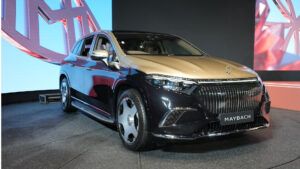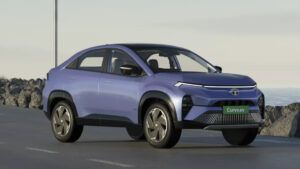The United States faced a World Trade Organization (WTO) complaint from China on Tuesday. The East Asian country accused the U.S. of imposing discriminatory provisions on electric vehicle subsidies.
As of this year, American car buyers are not eligible for tax credits of $3,750 and $7,500 if essential minerals or other battery parts originate from Chinese, Russian, North Korean, or Iranian companies. The tax credits are a crucial part of President Joe Biden’s climate law, called the 2022 Inflation Reduction Act (IRA).
China Aims for Fair Competition
In a statement shared on the internet, the Chinese Commerce Ministry accused the U.S. of bringing a new discriminatory subsidy policy for new energy vehicles (NEVs). Also, they claim the U.S. did it while pretending to deal with climate change.
Furthermore, the statement mentioned that the U.S. action excluded Chinese products, creating unfair competition and disrupting the global supply chain for NEVs.
Within the Geneva-based WTO, member nations have the right to file complaints regarding the trade practices of fellow members. Moreover, they can seek resolution through a dispute settlement process.
Why it Matters?
China is leading the way in the automotive sector and dominating electric vehicle battery manufacturing.
In fact, in the last quarter of 2023, BYD, a Chinese electric vehicle company, overtook Tesla to become the top seller of battery-electric vehicles worldwide. Also, BYD’s compact EV, the Seagull, priced below $10,000 in China, has emerged as a significant revenue generator for the company. As a result, many global automakers and policymakers face immense pressure from the Chinese car manufacturer.
As other Chinese automakers venture into international markets, they could pose a threat to the world’s leading carmakers. China knows its companies are leaders in battery technology and manufacturing electric vehicles. Thus, it aims to dominate the EV market worldwide.
Concerns arise within the European Union as well. It is regarding the potential risk to its automobile sector. Additionally, last year, it initiated an inquiry into Chinese subsidies for electric vehicles.








